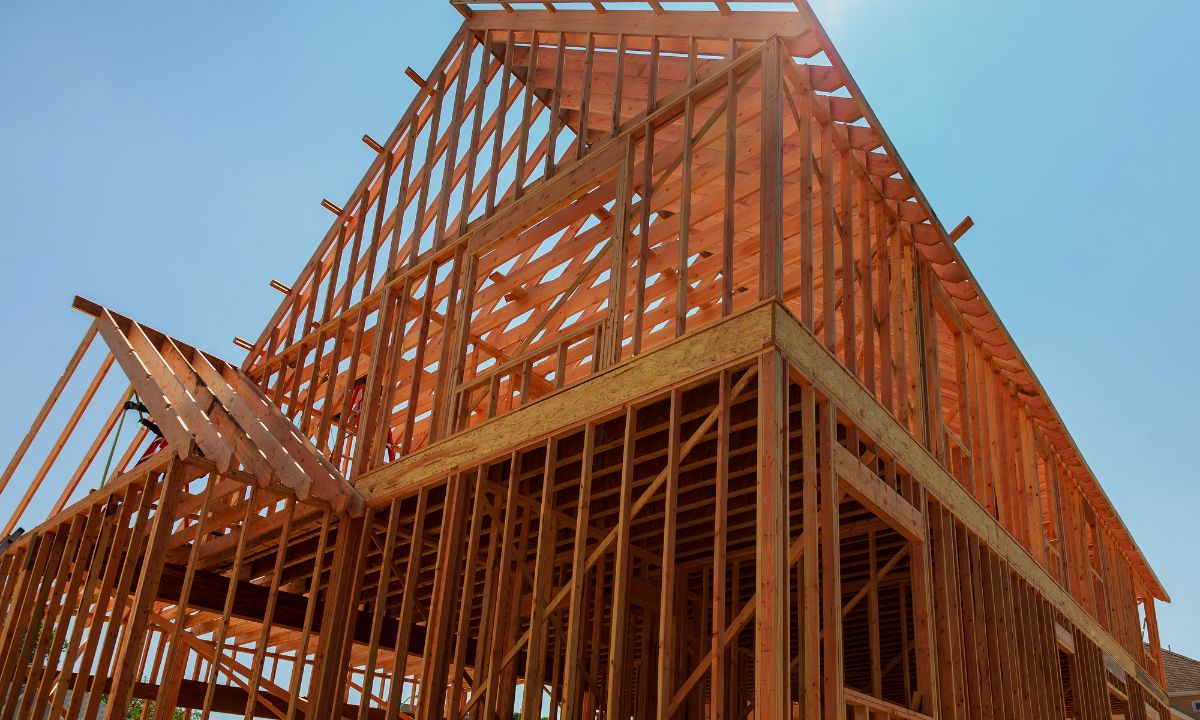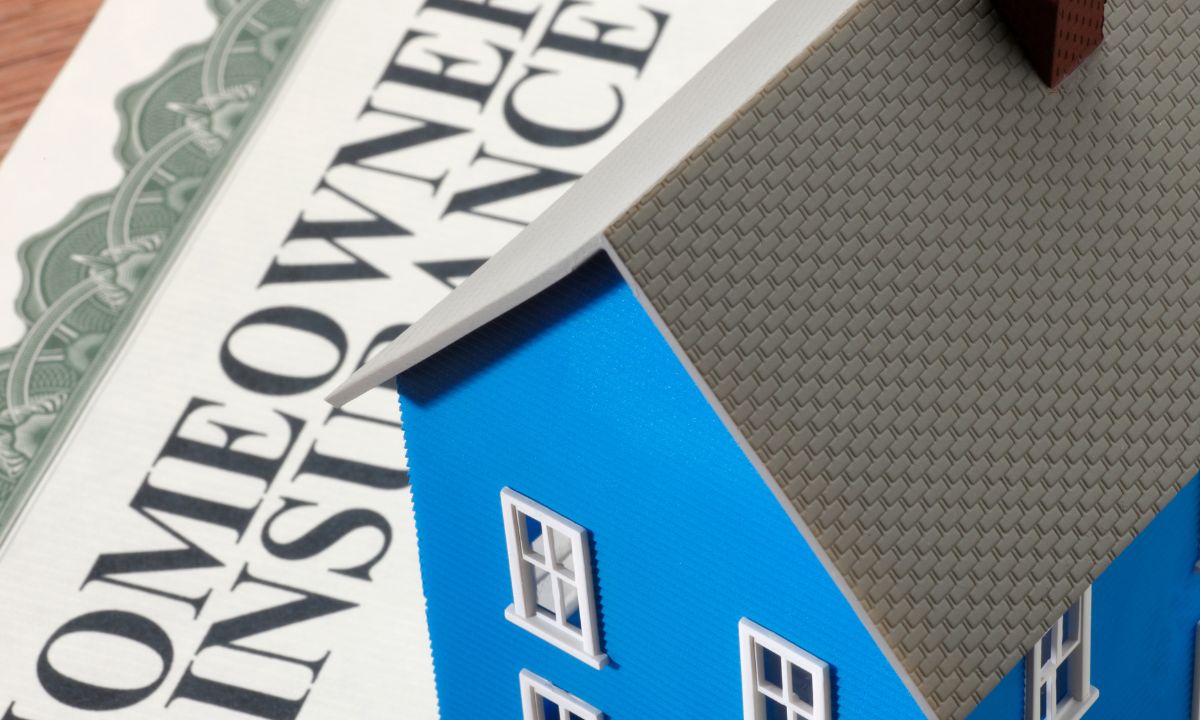 As more people seek simplicity and focus in their lives, downsizing has become a popular choice among homeowners of all ages. But why is “less” gaining so much appeal? Downsizing offers not just smaller living spaces but also an opportunity to embrace a more fulfilling, efficient, and financially sound lifestyle. Here’s why you may want to consider making the move to a smaller home.
As more people seek simplicity and focus in their lives, downsizing has become a popular choice among homeowners of all ages. But why is “less” gaining so much appeal? Downsizing offers not just smaller living spaces but also an opportunity to embrace a more fulfilling, efficient, and financially sound lifestyle. Here’s why you may want to consider making the move to a smaller home.
1. Financial Savings
The financial benefits of downsizing are among its most compelling advantages. A smaller home often translates to a lower mortgage, reduced property taxes, and decreased utility bills. These savings can free up significant amounts of cash each month, allowing homeowners to invest, build savings, or enjoy life’s experiences, like travel or new hobbies. For many, reducing financial stress and gaining more control over monthly expenses is reason enough to consider making a change.
2. Less Clutter, Less Stress
Downsizing encourages a decluttered lifestyle by making you prioritize your possessions. When you have less space, every item must earn its place in your home. This can lead to a more organized, serene, and manageable living environment. In addition, maintaining a smaller space is much simpler and less time-consuming, freeing up hours previously spent cleaning, organizing, or maintaining a larger property. This newfound time can be spent on family, hobbies, or simply relaxing.
3. Positive Environmental Impact
Living in a smaller home is often better for the planet. Less square footage generally means lower energy consumption for heating, cooling, and other utilities. This reduces your overall carbon footprint and aligns with a more sustainable lifestyle. By choosing to occupy less space and use fewer resources, downsizers actively contribute to environmental conservation. Downsizing is a step towards living in harmony with your values and supporting broader sustainability goals.
4. Enhanced Lifestyle Flexibility
One of the hidden perks of downsizing is the lifestyle freedom it brings. With less time and energy spent on home upkeep, many find they have more opportunities to pursue their passions. Whether you want to travel more, dedicate time to learning a new skill, or engage with your community, downsizing can free you from the demands of a larger home. Older adults, in particular, often find downsizing provides a way to better match their living spaces with their mobility and lifestyle needs as they age, offering both comfort and convenience.
5. Focus on What Truly Matters
In a world where bigger often seems synonymous with better, downsizing offers a counterpoint by inviting you to focus on what truly matters. By shedding excess possessions and living in a more streamlined space, you may find a greater appreciation for what remains. Downsizing can be a way to re-center your life on meaningful experiences, cherished possessions, and strong relationships, rather than on the upkeep of “stuff.
Downsizing isn’t about sacrificing, it is about gaining freedom, focus, and flexibility. With financial savings, reduced maintenance, a smaller environmental impact, and more time to pursue what you love, “less” truly can be more. If you’re seeking a simpler and more meaningful lifestyle, consider whether downsizing could be your next step toward living more intentionally.
 In today’s world, many homes are left unoccupied for extended periods, whether due to work, travel, or other reasons. Unfortunately, these empty homes can be prime targets for burglars or home invaders. As crime rates rise, homeowners are increasingly turning to security systems and surveillance equipment to protect their property and loved ones. But with so many options available, how do you choose the right surveillance product for your home?
In today’s world, many homes are left unoccupied for extended periods, whether due to work, travel, or other reasons. Unfortunately, these empty homes can be prime targets for burglars or home invaders. As crime rates rise, homeowners are increasingly turning to security systems and surveillance equipment to protect their property and loved ones. But with so many options available, how do you choose the right surveillance product for your home?
 Purchasing a home is a major life decision, and for many homebuyers, the ideal property may not always come fully finished. An unfinished home offers a unique opportunity to create a space that suits your family’s needs while potentially saving money upfront. Whether you’re looking to save on your initial purchase or enjoy the flexibility of customizing your home, buying an unfinished house could be a great option.
Purchasing a home is a major life decision, and for many homebuyers, the ideal property may not always come fully finished. An unfinished home offers a unique opportunity to create a space that suits your family’s needs while potentially saving money upfront. Whether you’re looking to save on your initial purchase or enjoy the flexibility of customizing your home, buying an unfinished house could be a great option. Buying a home is one of the most significant investments you’ll make in your lifetime. But it’s not just about purchasing the property itself—it’s also about protecting it. Homeowners insurance is a crucial part of homeownership, offering financial protection against damage or loss caused by unexpected events like accidents, natural disasters, or theft.
Buying a home is one of the most significant investments you’ll make in your lifetime. But it’s not just about purchasing the property itself—it’s also about protecting it. Homeowners insurance is a crucial part of homeownership, offering financial protection against damage or loss caused by unexpected events like accidents, natural disasters, or theft. When it comes to homeownership, one of the most important aspects of the process is ensuring you have the proper legal documentation that proves your ownership. This documentation usually comes in the form of a title or a deed. These documents not only provide proof of ownership but also serve as a way to protect your rights to the property. Whether you’re buying your first home or adding to your real estate portfolio, understanding the difference between titles and deeds is essential to securing your investment.
When it comes to homeownership, one of the most important aspects of the process is ensuring you have the proper legal documentation that proves your ownership. This documentation usually comes in the form of a title or a deed. These documents not only provide proof of ownership but also serve as a way to protect your rights to the property. Whether you’re buying your first home or adding to your real estate portfolio, understanding the difference between titles and deeds is essential to securing your investment.